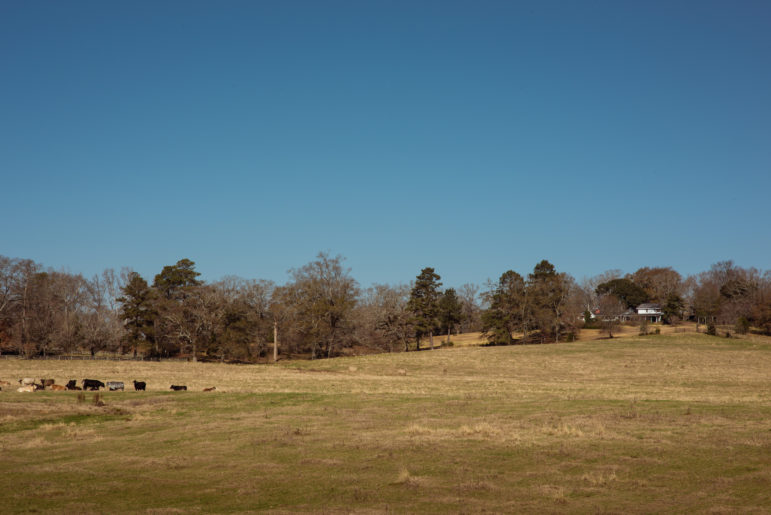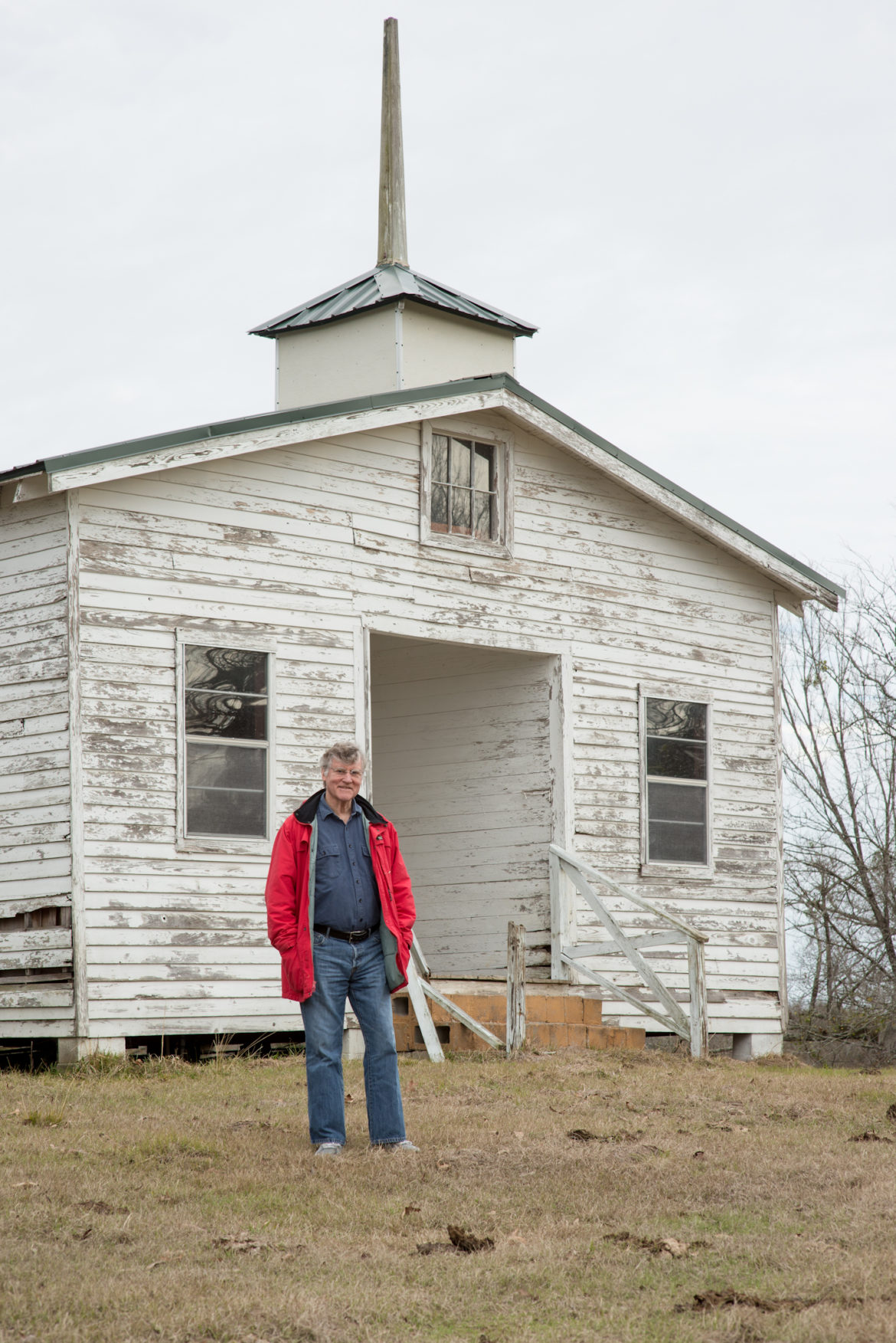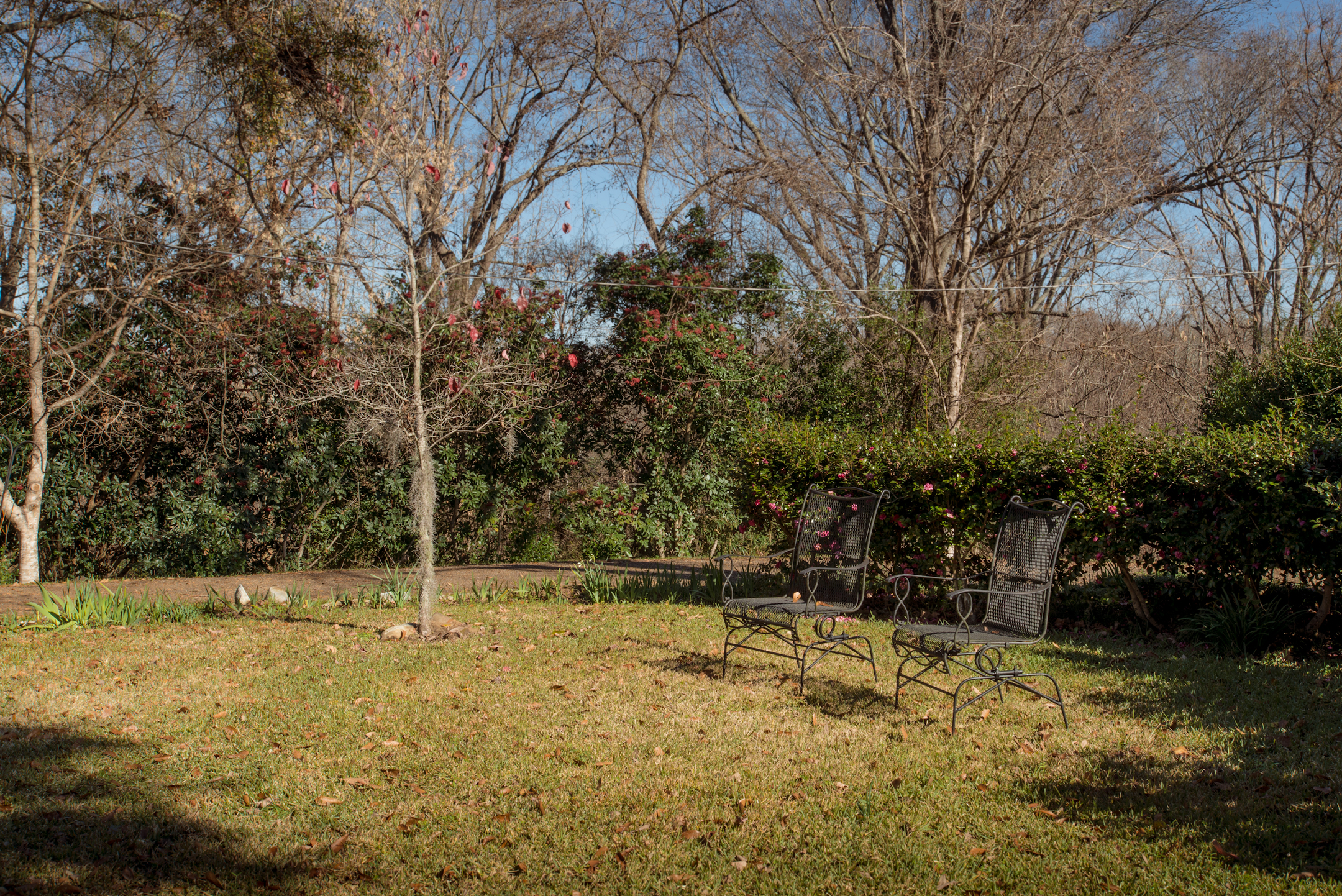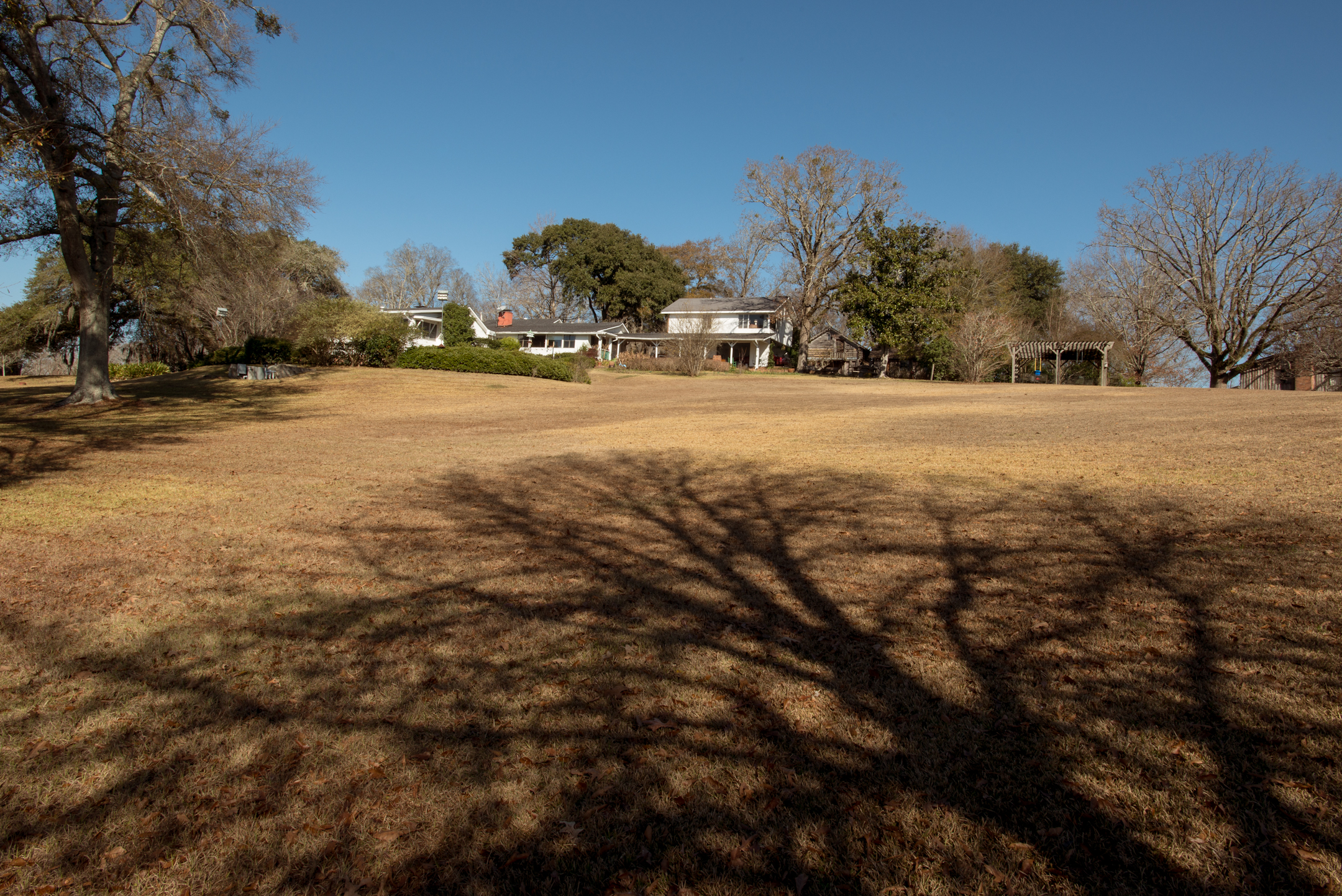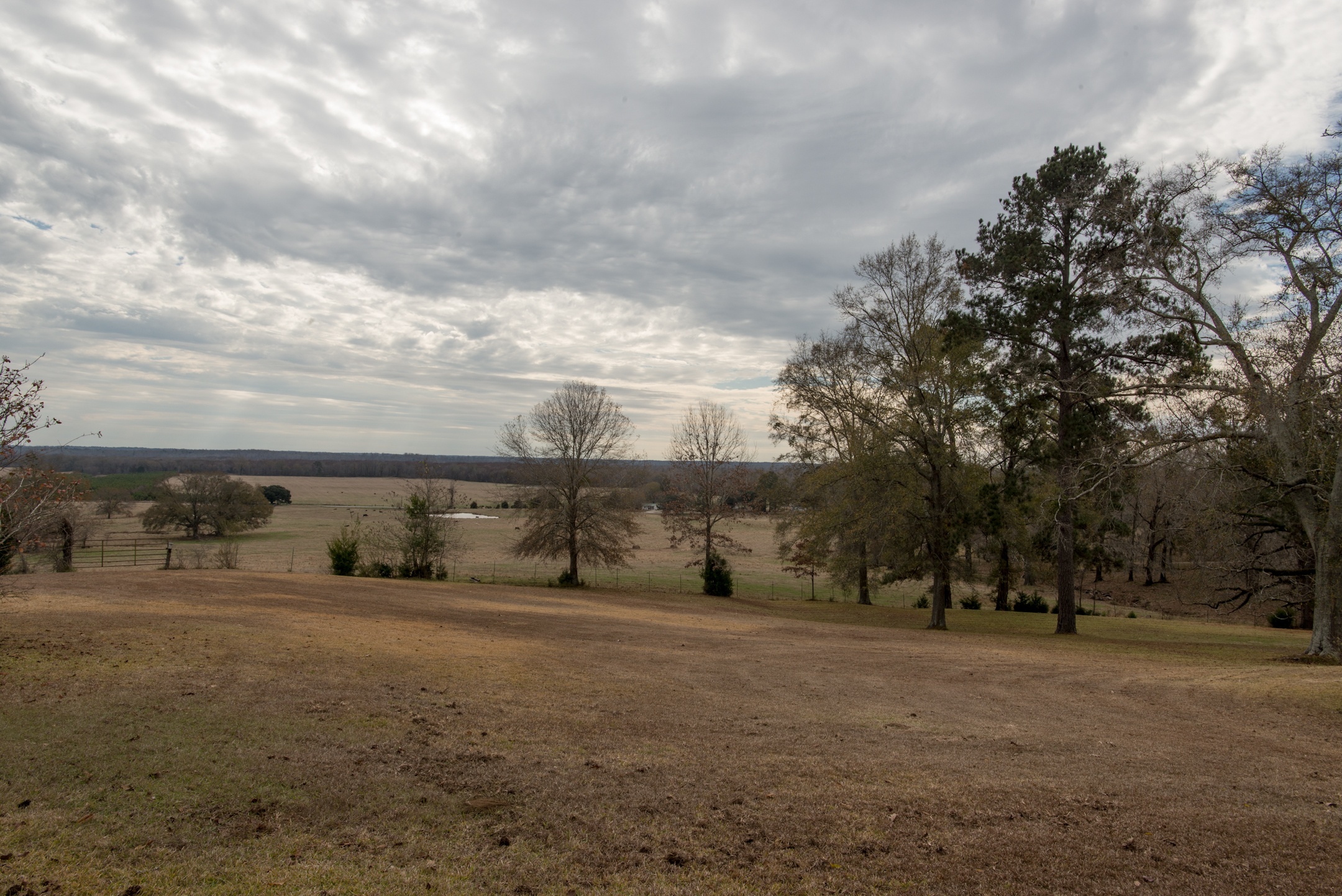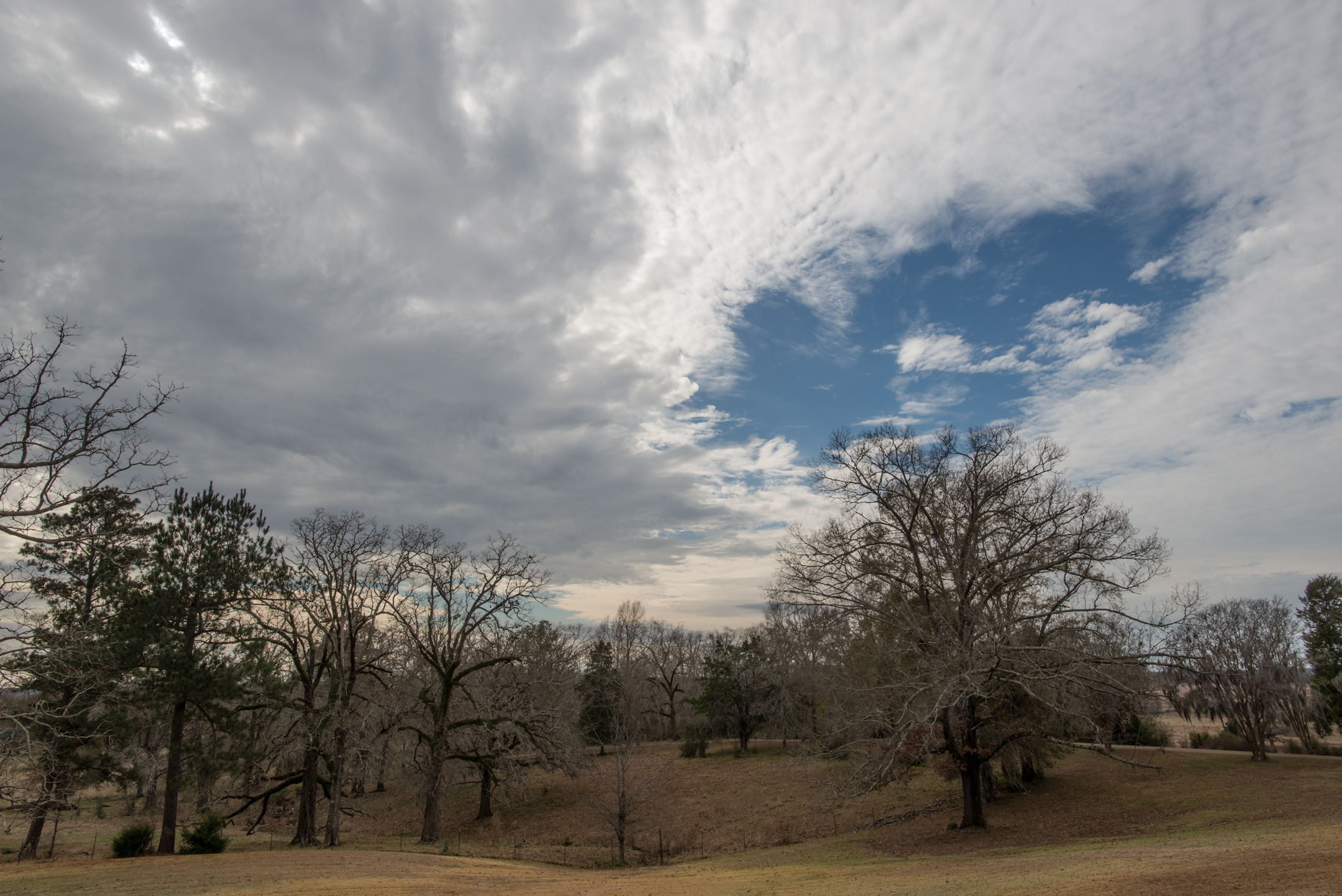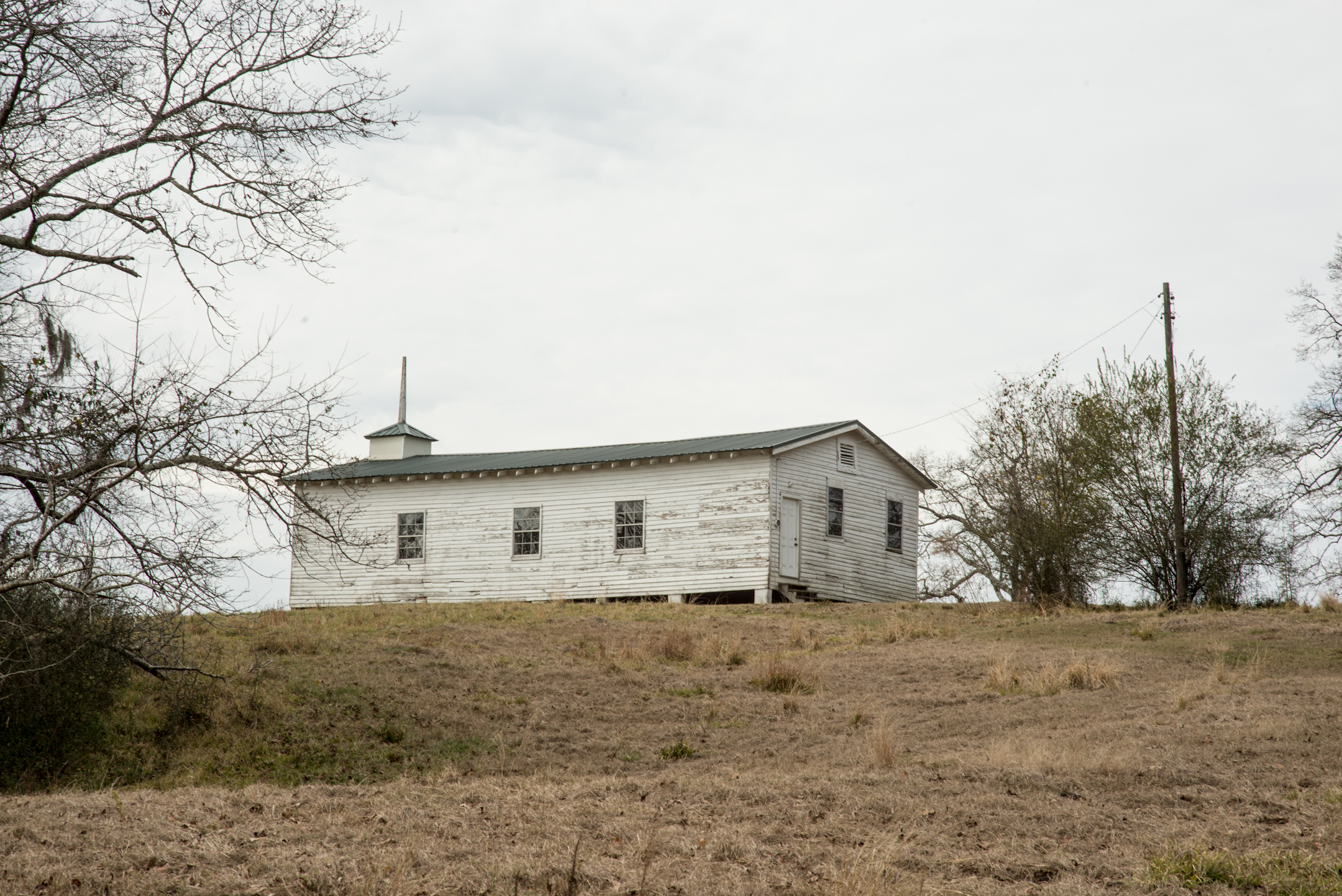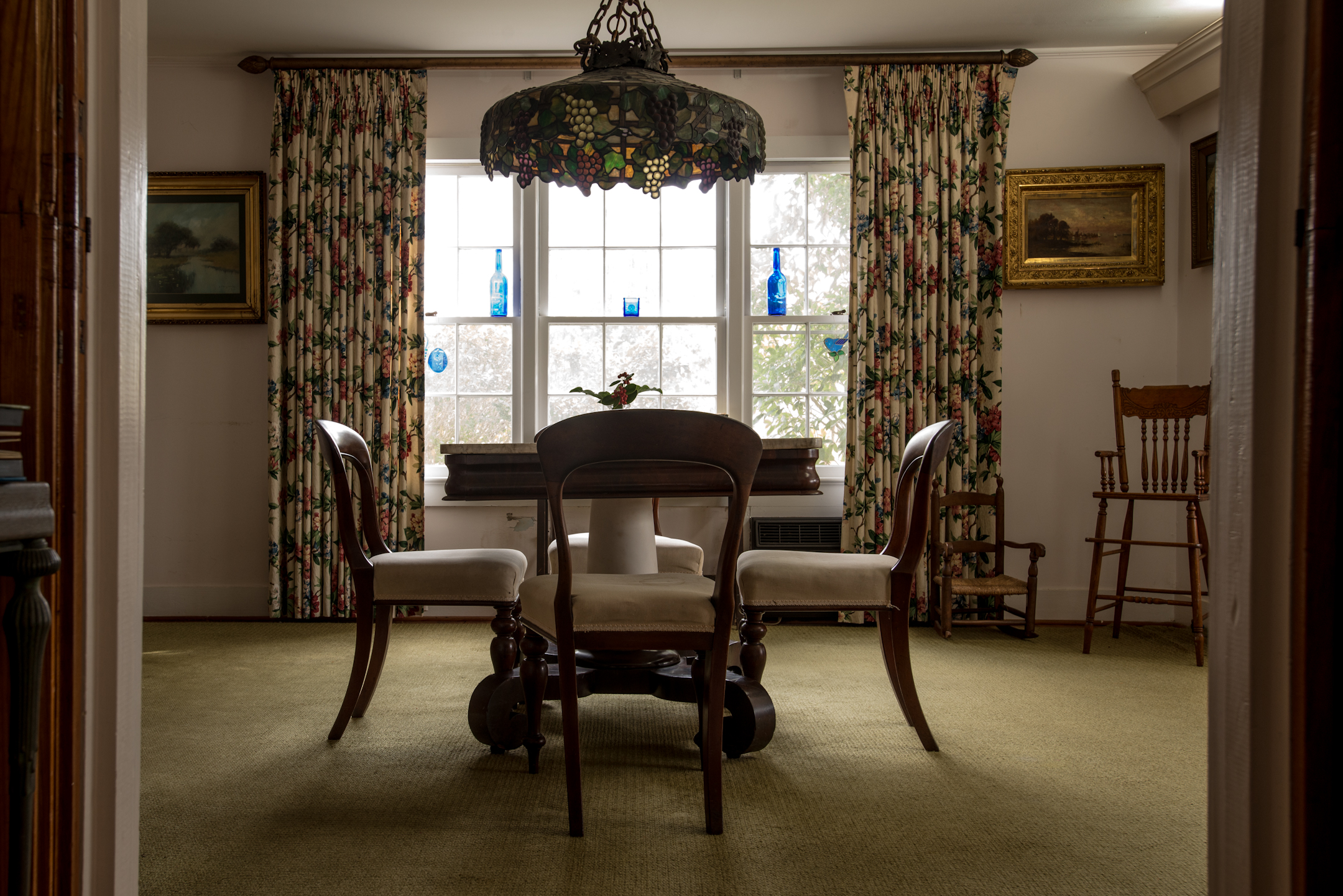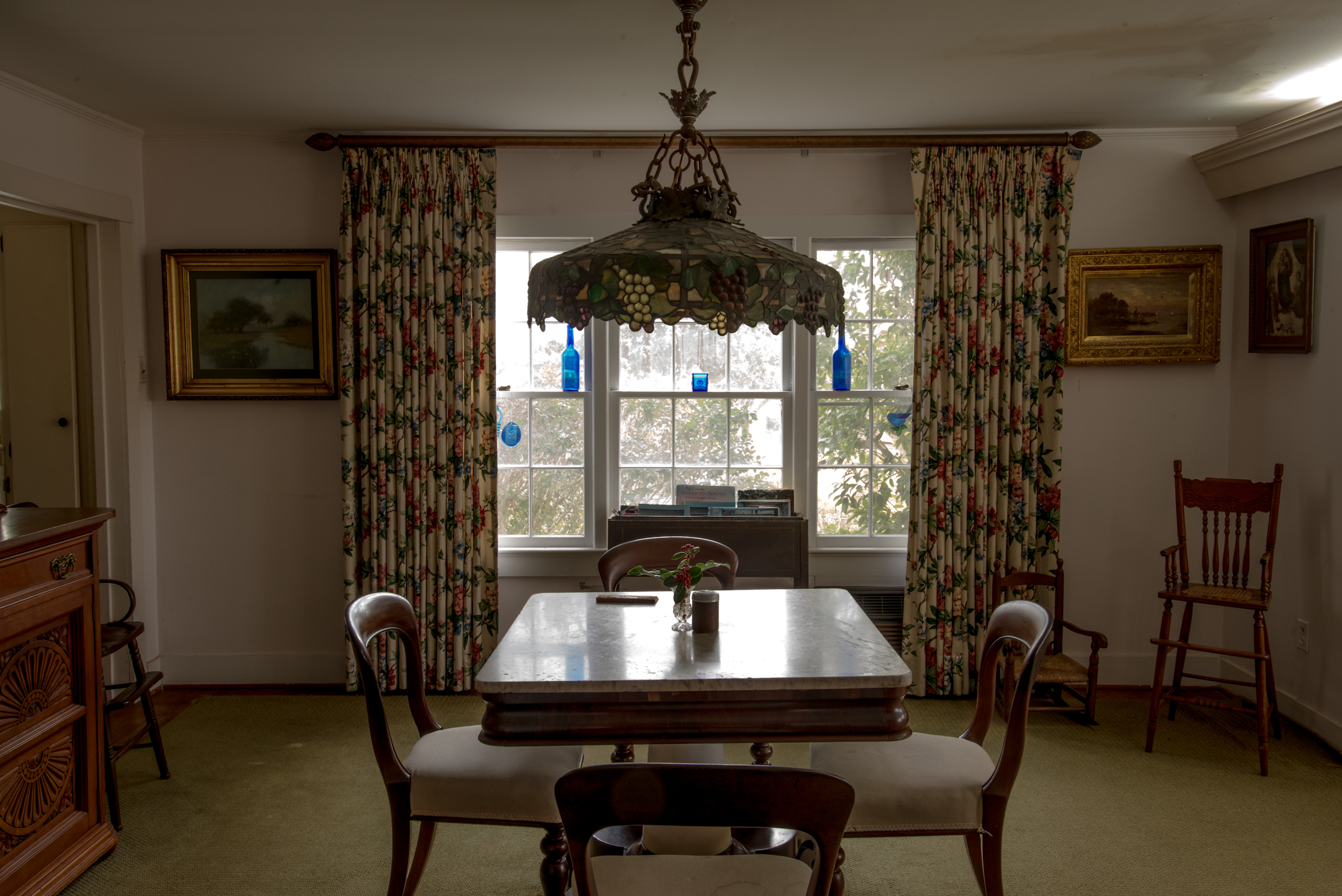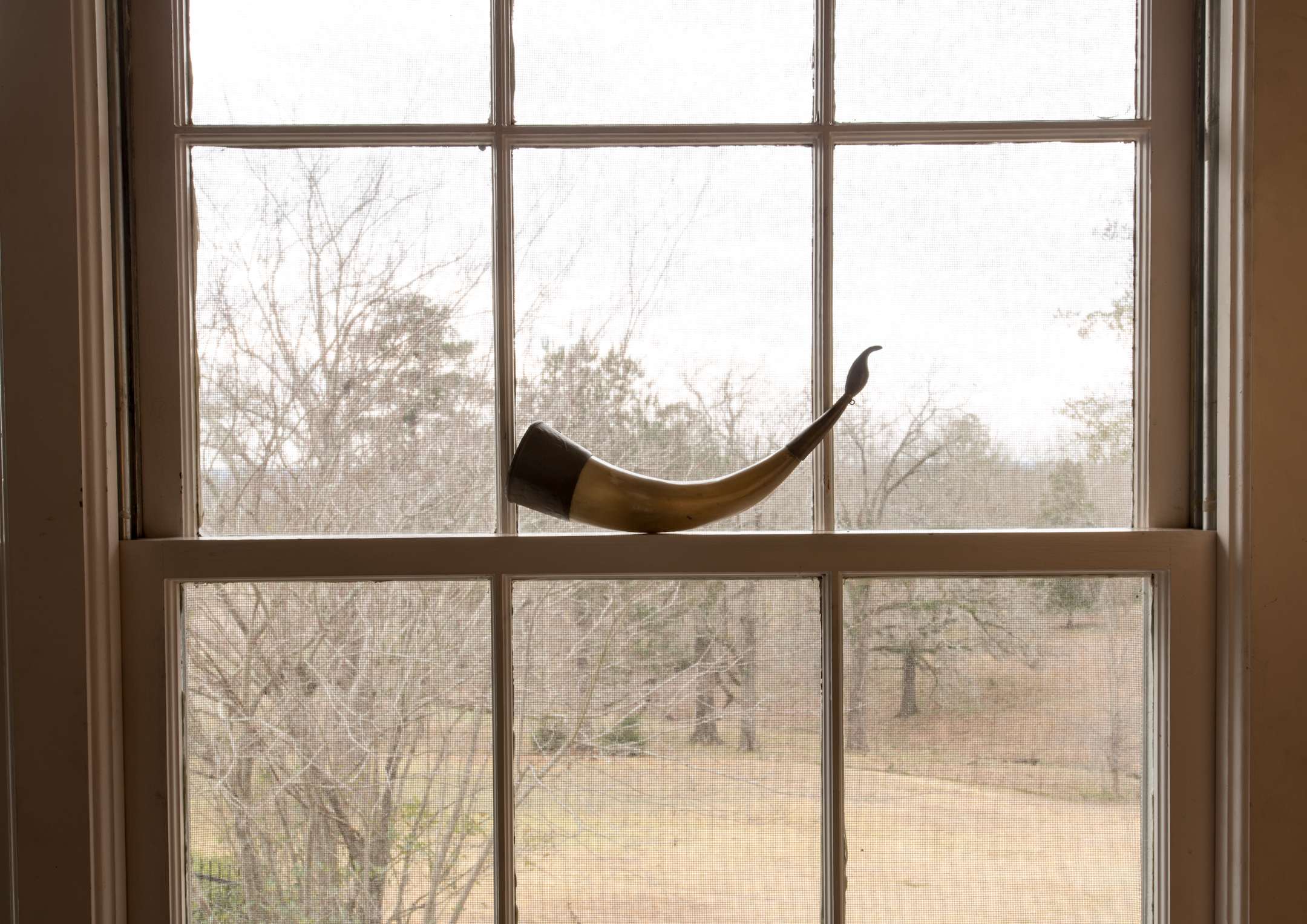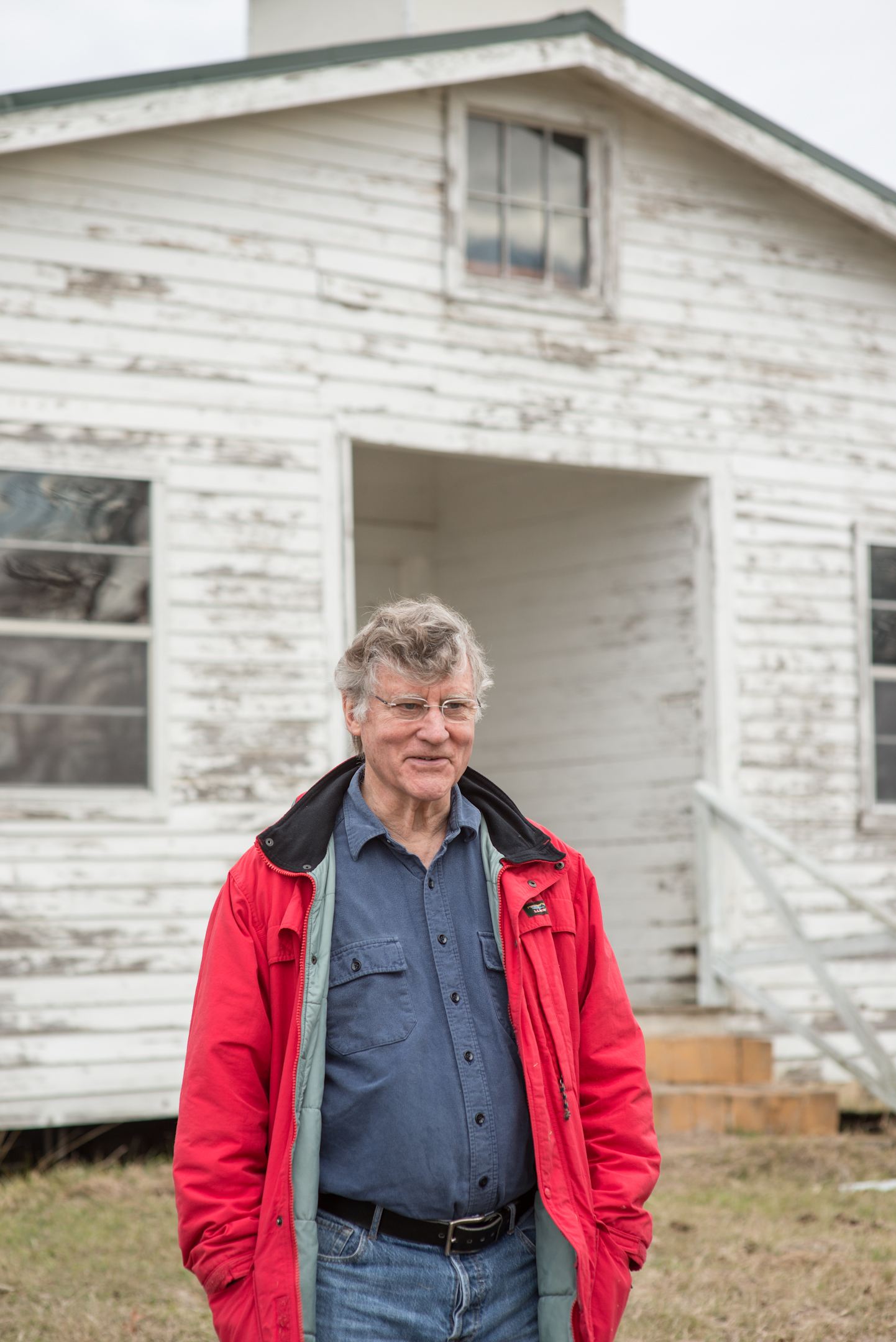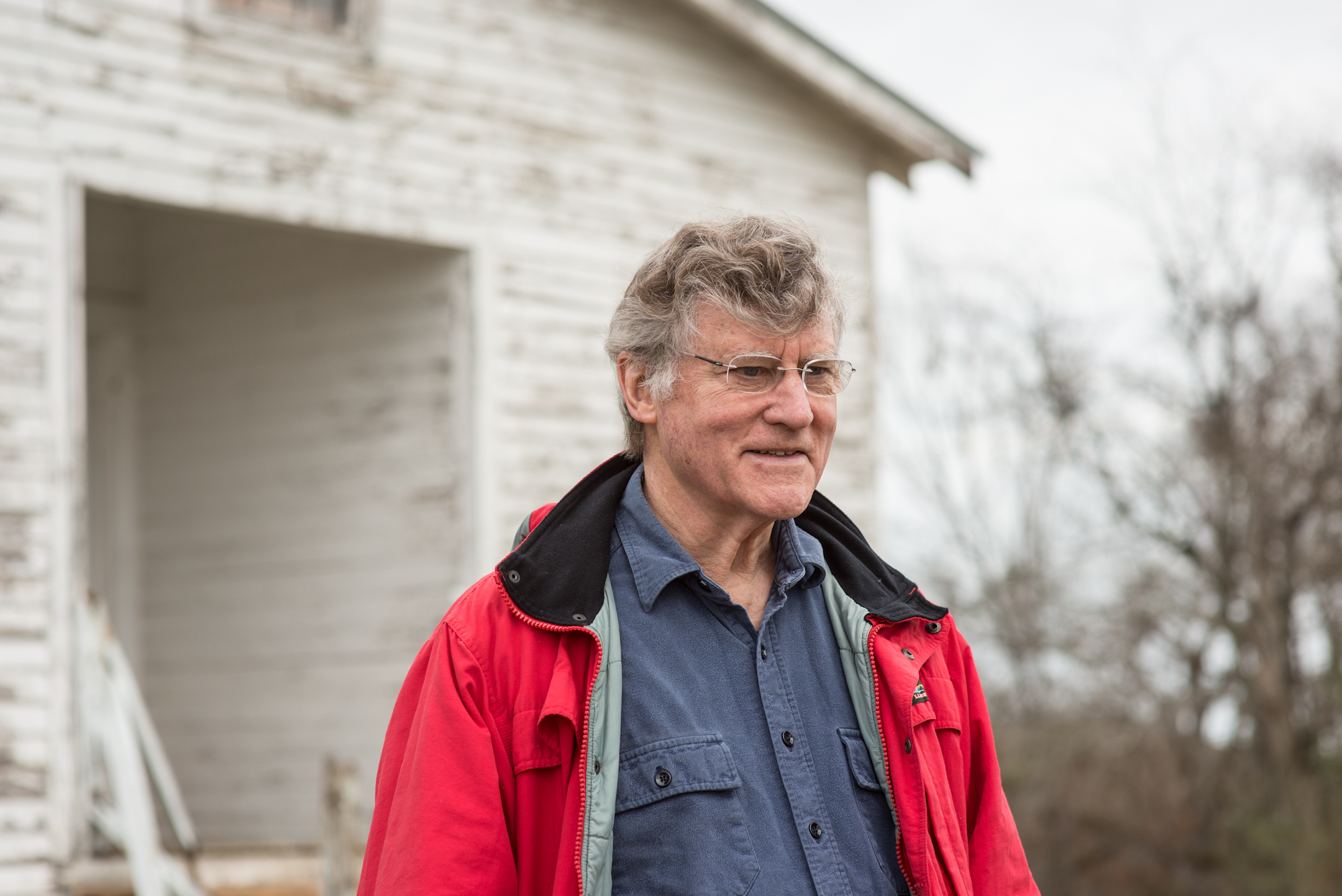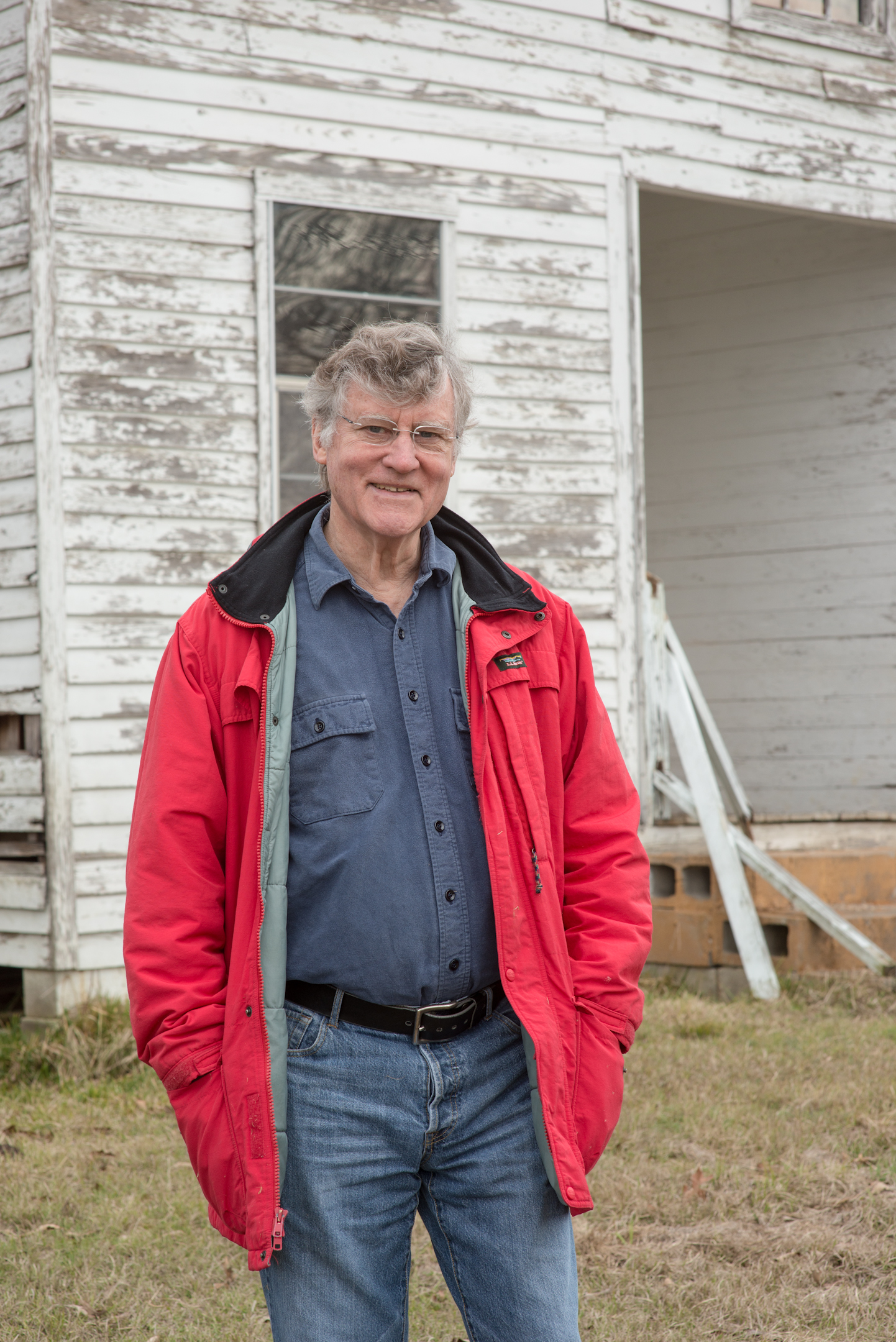Warren County – In 2014, William “Bill” Ferris returned to Mississippi to accept the state historical society’s B.L.C. Wailes Award. Established to honor Mississippians who achieve national distinction in the field of history, the prize previously had been bestowed upon Civil War chronicler Shelby Foote, Lincoln biographer David Donald and Monticello curator Dan Jordan.
Notoriety was hardly new for Bill, a pioneer in the academic study of folklore and the American South. The 73-year-old Vicksburg native was selected by the University of Mississippi to midwife its Center for the Study of Southern Culture; tapped by Quincy Jones to help compose a musical score for the film production of “The Color Purple;” and chosen by President Bill Clinton to helm the National Endowment for the Humanities. In 1986, the French government knighted Bill.
But if those distinctions validated the significance of Bill’s work, none evoked its origin as poetically as an honor whose namesake — planter/geologist/historian Benjamin Leonard Covington Wailes — once owned the south Warren County property where Bill would, more than a century later, grow up, milk cows, listen to stories and meet his muse.
Accepting the award, Bill recalled encountering mastodon teeth and other remnants of Wailes’ personal property on the planter’s old land — as well as living descendants of his human property. An engraved silver cup, which belonged to Wailes was one of Bill’s first possessions, presented by a neighbor to Bill’s mother, Shelby, shortly after he was born in 1942.
“Forty years later, Mother gave me the cup,” Bill said, “And I presented it to the Mississippi History Museum.”
Bill’s career largely has consisted of such acts of recognizing, preserving, cherishing and publicizing the value in the South’s everyday artifacts — from blues songs and folk stories to quilts.
Bill received his Ph.D. in folklore from the University of Pennsylvania in 1969, taught at Jackson State College (now Jackson State University) for two years, and taught at Yale for seven more before returning to his home state in 1979 to help found the Center for the Study of Southern Culture at Ole Miss.
His time as director of the center was marked by the 1989 publication of the eight-pound Encyclopedia of Southern Culture, which Bill co-edited with Charles Reagan Wilson. And it was while Bill was at Ole Miss that many Mississippians first met him in the guise of “Dr. Blues,” the host of the Saturday-night “Highway 61” blues program on public radio.
Bill’s work at Ole Miss led to his appointment as chairman of the National Endowment for the Humanities in 1997, which led to his current position at the University of North Carolina at Chapel Hill.
But the life’s labor of William Reynolds Ferris Jr., all began at the farm on the banks of the Big Black River.
The property entered the Ferris family through Bill’s grandfather Eugene, an agronomist who bought a portion of it in 1919 with hopes to “improve” what he described in an unpublished memoir as “a largely worn-out old farm.”
Eugene Ferris didn’t live there initially, consigning his Warren County holdings to absentee ownership while he worked for state-sponsored research stations, a fertilizer company and the Federal Land Bank. Meanwhile, the farm was rocked by the economic catastrophe that beset Southern agriculture in general during the 1920s. “On the whole,” Eugene Ferris assessed, “my investment in it was largely a failure.”
Of Eugene Ferris’ three sons, two became doctors. The other, William, also had designs on the medical profession before suffering a back injury that required a year of recuperation. His father’s memoir suggests that the accident might have saved the farm: “Confined to his bed when not actually in hospitals undergoing two serious operations,” Eugene Ferris wrote, William Ferris “began to give attention, from his bed, to the operation of the farm while I continued to work for a salary away from home.”
William Ferris Sr., would live there for the rest of his life, taking the title to approximately 2,800 acres from his parents in 1943. Bill Jr., was born the year before, and four more children — Shelby, Hester, Grey and Martha — followed.
“Daddy decided that he loved the farm,” Bill Ferris Jr. said. “He was good at it—which was a blessing for all of us, because we got to grow up here.”
Growing up on the Ferris Farm in the 1940s and 1950s entailed isolation. In the absence of uniformly paved roads, the 16 miles between the property and Vicksburg amounted to a formidable barrier.
But Bill said the setting was idyllic for a budding folklorist.
“My grandfather was a great storyteller,” Bill said of Eugene, who retired to the Warren County property in 1945. “When we were children he would entertain us with stories — like ‘Ali Baba and the Forty Thieves.’ At the end of a long telling of that story, we would say, ‘Grandad, tell it again.’ And he would patiently tell it again.
“You just heard stories everywhere. There was a little grocery store on the farm where you could go and get a Coca-Cola and a moon pie and sit on the porch. There were all these people, just sitting around and talking.”
The most impressive audible presence on the farm belonged to Rose Hill Church, a congregation composed largely of black farmworkers who had tilled the local soil under the various white owners since antebellum times. The church building stood not far from the Ferrises’ home, and curious young Bill Ferris frequently attended services there.
“As I grew older,” Bill recalled, “I realized that there were no hymnals in the church. When those families were no longer there, the music would disappear. So, I began to tape-record and to photograph and later to film those services and the worlds around the farm.”
This practice would become a pattern for Bill.
“I began to go further afield,” he said, “to record blues singers over at a little community across the Big Black River in Claiborne County called Morning Star. Then I began later recording in the Mississippi Delta, blues singers and gospel singers.”
He also recorded the stories of Ray Lum, a Warren County mule trader who did business with Bill’s family. “I did that instinctively.”
Bill, who earned a bachelor’s degree in English from Davidson College in North Carolina and a master’s degree in the subject from Northwestern University in Evanston, Ill., once despaired that there was no room for his passion in academia.
“I didn’t know folklore was a field until I was studying in Ireland and stumbled into a conversation over breakfast with a folklorist and literary scholar named Francis Utley, who was chairman of the English department at Ohio State University,” he recounted. “He was there to do research at the Irish Folklore Commission. And when he told me that, I said, ‘You know, English departments are incredibly narrow. They won’t allow you to study storytelling and music as literature.’ And he smiled, and he said, ‘You should be studying folklore.’ I said, ‘What’s that?’”
Utley pointed Bill to a handful of graduate programs in the field, which focused on oral traditions passed from generation to generation — music and storytelling, for example. Bill enrolled in the University of Pennsylvania’s program.
“When I arrived, I went to see my adviser, Kenneth Goldstein, and I took a box of tape recordings and photographs in to his office,” Bill recalled. “And I said, ‘Dr. Goldstein, this is what I’ve been doing. Can I do that here and get credit for it?’ He smiled at me and said, ‘That, my boy, will be your dissertation. You just keep doing it.’ So, I couldn’t have been happier.”
That dissertation, “Black Folklore from the Mississippi Delta,” contains material subsequently featured in Bill’s book, Give My Poor Heart Ease: Voices of the Mississippi Blues, published in 2009.
Bill is an academic who models “the value of not just talking to other academics,” said James Cobb, a history professor at the University of Georgia who taught with Bill at Ole Miss. “Academics’ thought processes are often inbred,” Cobb said. “They think only in terms of what is going to be interesting to other academics. Bill doesn’t do that.”
Brian Wilson, now a lobbyist in Jackson, remembers running into Bill in 1999 when Wilson was an aide to U.S. Sen. Trent Lott and Bill was director of the NEH. “THE BLUES DOCTOR!” exclaimed Wilson, who had been a fan of Bill’s radio show while growing up in Macon, Miss. A few days later, Wilson recalls, he received an invitation to have lunch with Bill. The two talked music, politics and Mississippi for an hour in Bill’s private office atop the Old Post Office Building in Washington.
“I was amazed he would be that interested in a 20-something nobody,” Wilson marveled. “I couldn’t do anything for him. I wasn’t some legislative assistant with a lot of power. But he just hung out and talked with me for an hour.”
“That’s part of Bill’s great charm,” said Cobb. “His interest in people is genuine.”
RELATED
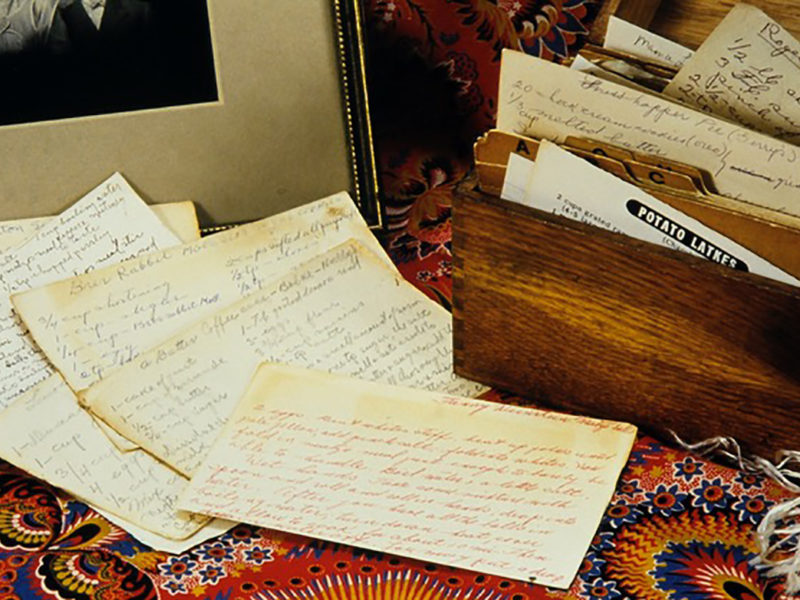
Southern Jewish Foodways
Marcie Cohen Ferris and Lesley Silver will lead a discussion on the Southern Jewish culinary experience.


